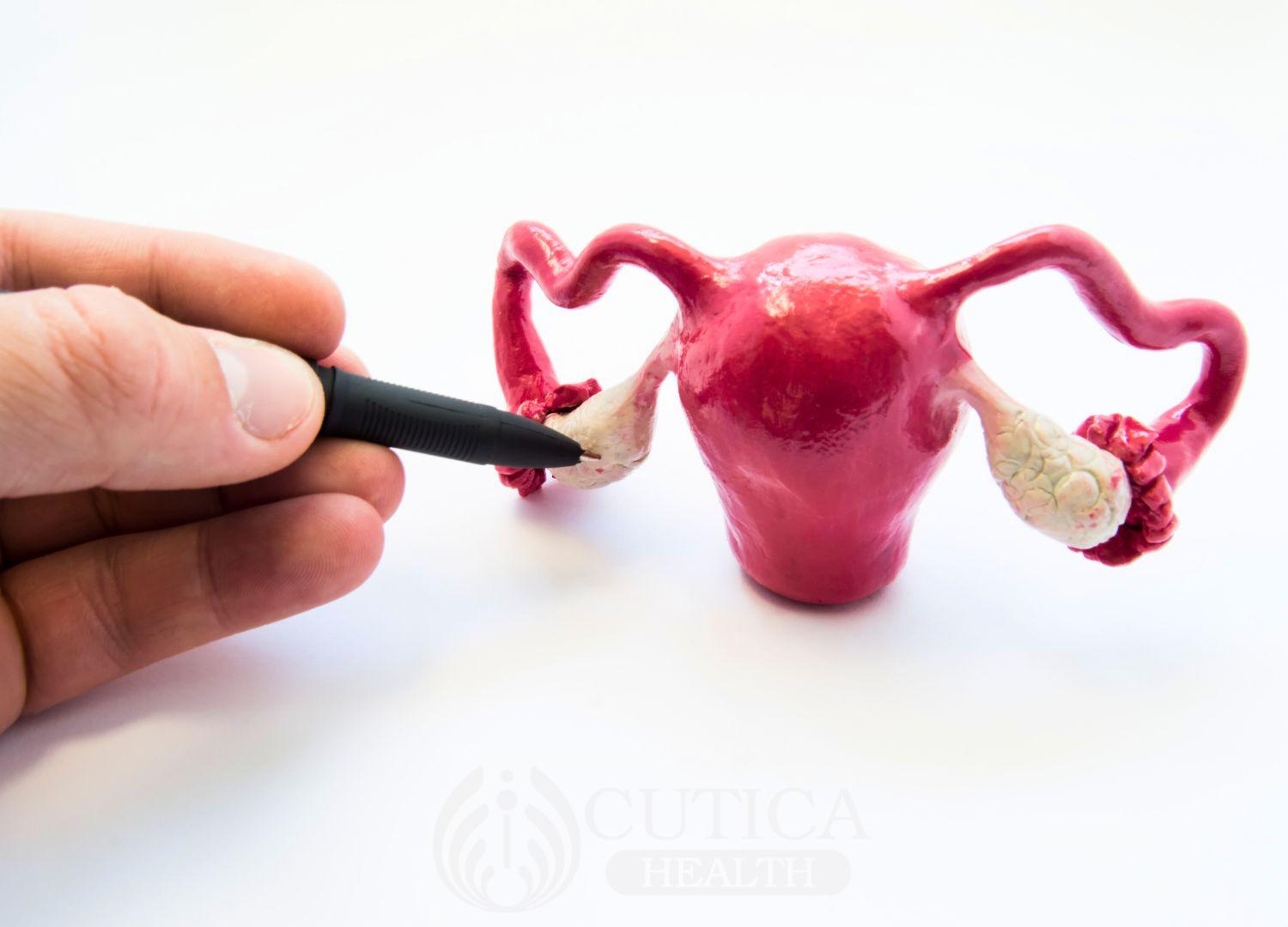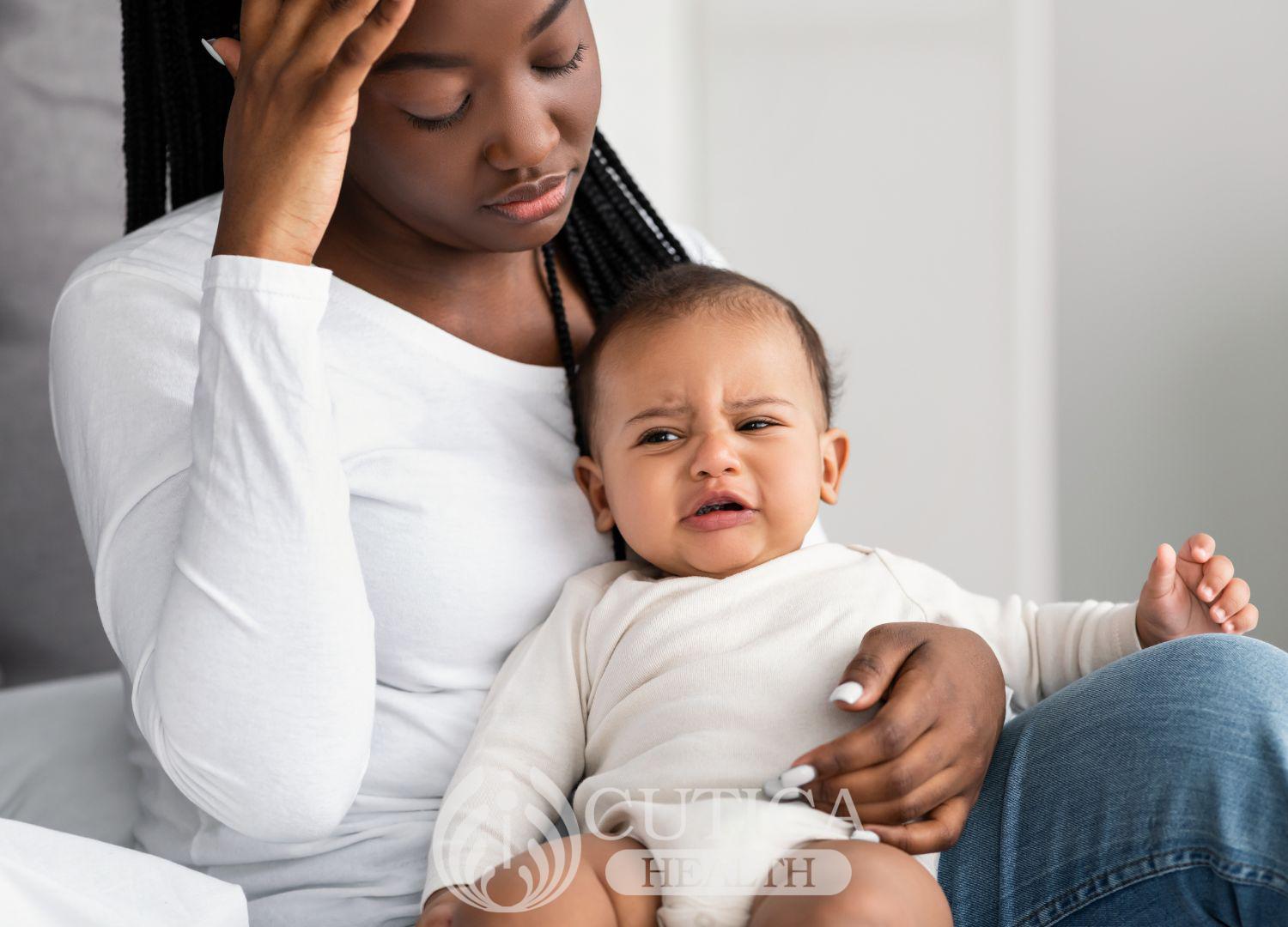
Claire had become worried about the abnormal sounds her daughter makes when she’s breathing, especially at night. Occasional bouts of cough and rattling wheezes when she breathes had just become worse, and she fears it may be asthma in her 3-year-old.
Wheezing is common in children and is the sound made when air is forced through narrow airways. Breathing is usually a quiet process; air gets into the lungs through a series of pipes quietly and comes out quietly. When your child wheezes, it often implies that there is some form of obstruction in the airways blocking the easy flow of air.

Now, what could cause this and is it dangerous?
In children, common causes of wheezing include:
- Colds: Children are particularly vulnerable to cold viruses because of their immature immune system. Respiratory viruses are seasonal and cause severe inflammation in the airways, which causes swelling and narrowing of the airways. Breathing through congested airways results in a wheeze. It is also not unusual for a toddler to breathe with their mouth because of nasal congestion.

- Bronchiolitis: Bronchiolitis is also an inflammation of the airways caused by respiratory viruses, typically one called respiratory syncytial virus. This virus triggers an immune response in the airways that make them swell and secrete lots of mucus. So, what happens when your child tries to breathe through this congested airway? They wheeze.
This chest infection is often confused with asthma because their symptoms are somewhat similar, but unlike asthma, bronchiolitis comes with fever, loss of appetite, and lethargy.
- Asthma: If your child is 2 years or older, a diagnosis of asthma becomes more likely if they wheeze. Asthma is also an inflammatory reaction in the airway, but it is not caused by a virus. Asthma is often triggered by allergens, such as dust, dander, fur, pollens, and cold air. In response to these triggers, the airways tighten and swell, causing difficulty breathing and wheezing.

While only your doctor can confirm a diagnosis of asthma, the diagnosis is more likely if the wheeze starts after your child is exposed to these triggers, and if it comes without other cold symptoms, such as runny nose, fever, and malaise. Further, the cough and wheezing in asthma are usually worse at night or early in the morning.
What to do when your child wheezes
If you notice your toddler makes abnormal sounds when they breathe, it most likely means their airways are obstructed. Visit to your child’s doctor for an examination and blood tests to figure out what might be causing the symptoms.
- If your child has asthma, the doctor will prescribe medications to relax and soothe the airways. Many of these medicines will be taken for a long time and some will only be administered when your child has an episode.
- If the doctor thinks it is bronchiolitis or any of the cold viruses, your child may be given cold medicines to soothe the inflammation in the airways and nose, as well as medications to inhale to reduce the airway inflammation.

Your doctor will also advise you to watch for possible triggers of wheezing if it is a recurrent symptom. Avoiding these triggers should keep the symptom away. Also, plan to take your child for the yearly flu shot when it is due to reduce their risk of catching the flu virus.
“This article was sponsored by Fidson Healthcare PLC”












